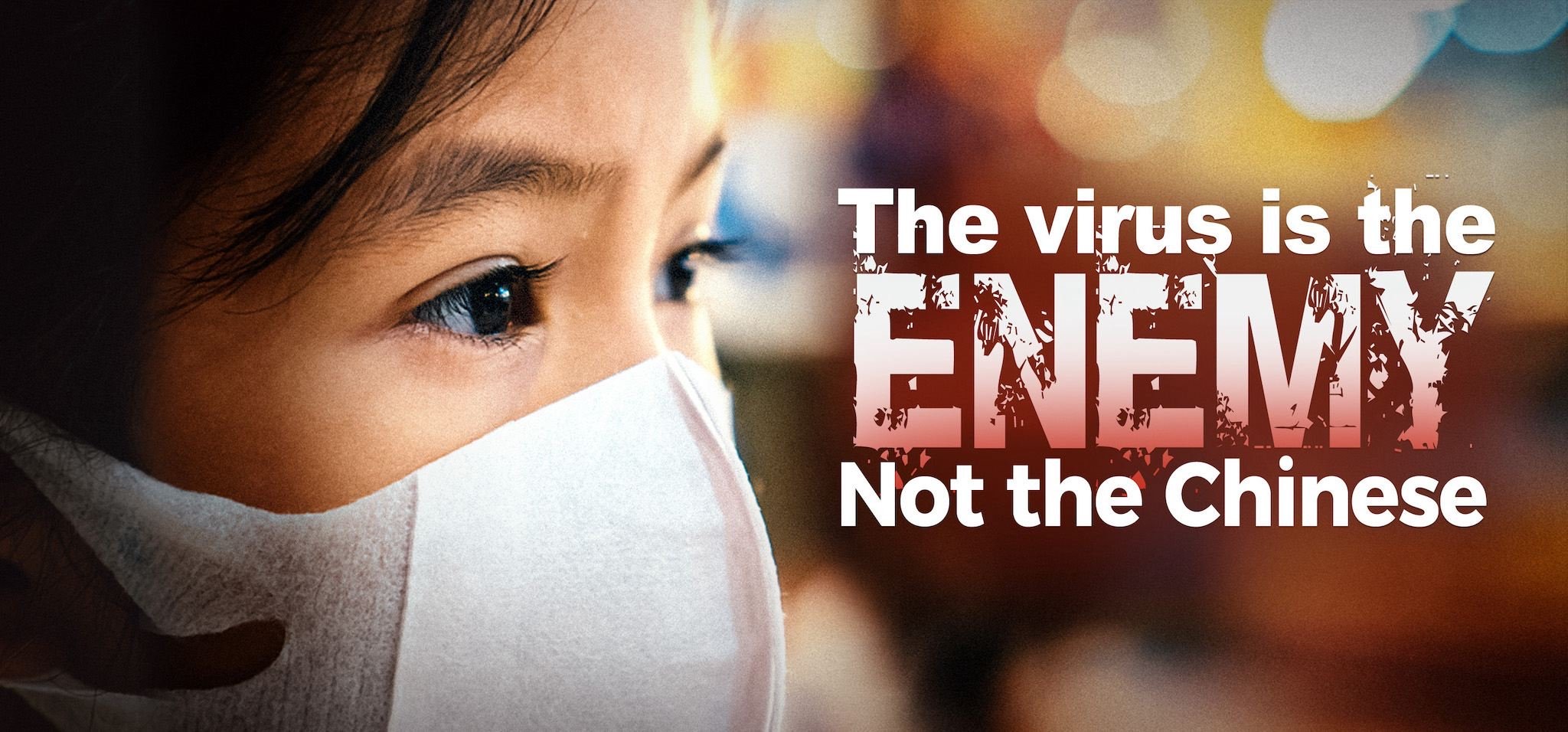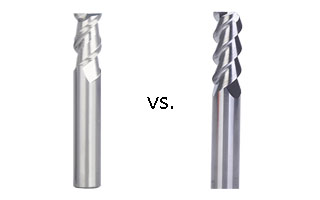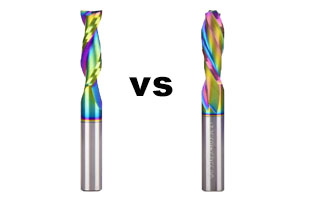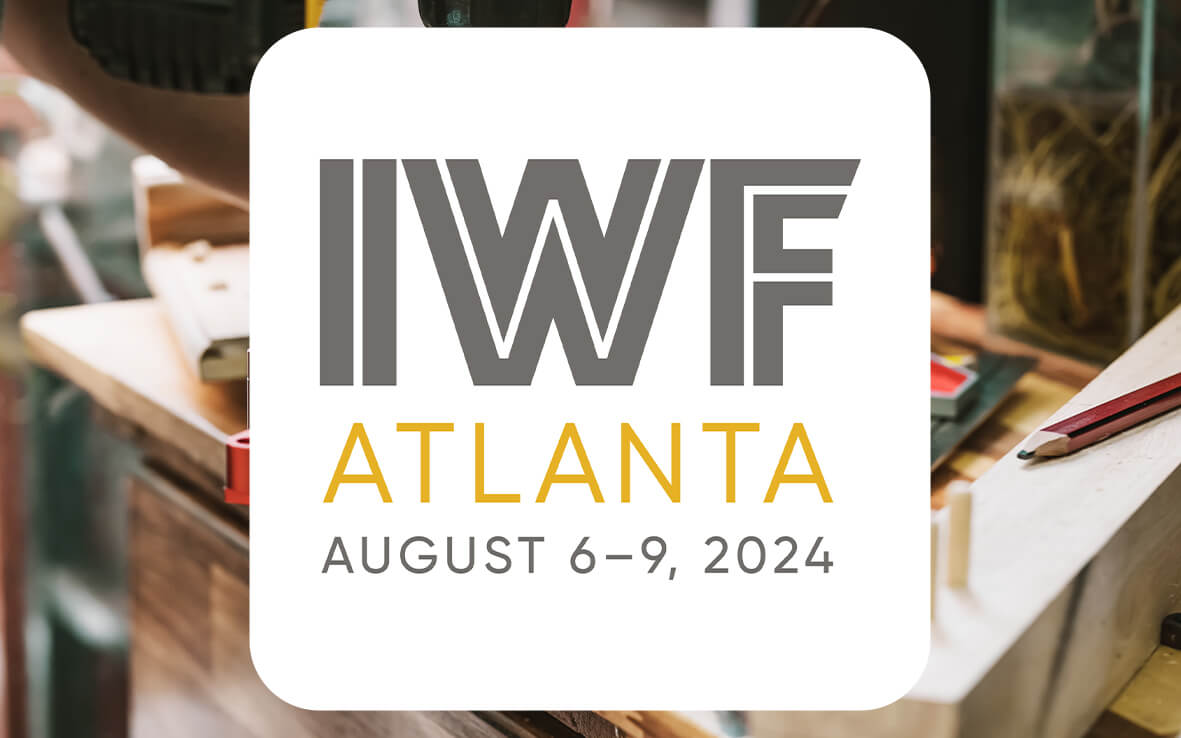
Q: Is China now listed as an epidemic country?
A: The World Health Organization(WHO) does not list China as an epidemic country, but the new Coronavirus has listed as a public health emergency of international concern, namely PHEIC. The announcement of ‘public health emergency of international concern’ does not mean that China has became an ‘epidemic country.
Q: Is it safe to receive a letter or package from China?
A: Based on responses from WHO and CDC: Yes, it is safe. From previous analysis, we know coronaviruses do not survive long on objects, such as letter or packages.
Q: Will delivery time and logistics be affected?
A: At present, many factories have started to work under safe conditions, and logistics has gradually resumed. So it will not have a significant impact on the delivery time. WHO once again called on all countries to refrain from restrictive measures such as trade restrictions and travel bans that are inconsistent with the International Health Regulations.
Q: How long is the incubation period?
A: The incubation period is the time between infection and the onset of clinical symptoms of disease. Current estimates of the incubation period range from 1-12.5 days with median estimates of 5-6 days. These estimates will be refined as more data become available. Based on information from other coronavirus diseases, such as MERS and SARS, the incubation period of 2019-nCoV could be up to 14 days. WHO recommends that the follow-up of contacts of confirmed cases is 14 days.
Q: How does the virus spread?
A: The new coronavirus is a respiratory virus which spreads primarily through contact with an infected person through respiratory droplets generated when a person, for example, coughs or sneezes, or through droplets of saliva or discharge from the nose. It is important that everyone practice good respiratory hygiene. For example, sneeze or cough into a flexed elbow, or use a tissue and discard it immediately into a closed bin. It is also very important for people to wash their hands regularly with either alcohol-based hand rub or soap and water.
Q: What can i do to protect myself?
A: Wash your hands frequently
Wash your hands frequently with soap and water or use an alcohol-based hand rub if your hands are not visibly dirty.
Why? Washing your hands with soap and water or using alcohol-based hand rub eliminates the virus if it is on your hands.
Practice respiratory hygiene
When coughing and sneezing, cover mouth and nose with flexed elbow or tissue – discard tissue immediately into a closed bin and clean your hands with alcohol-based hand rub or soap and water.
Why? Covering your mouth and nose when coughing and sneezing prevent the spread of germs and viruses. If you sneeze or cough into your hands, you may contaminate objects or people that you touch.
Maintain social distancing
Maintain at least 1 metre (3 feet) distance between yourself and other people, particularly those who are coughing, sneezing and have a fever.
Why? When someone who is infected with a respiratory disease, like 2019-nCoV, coughs or sneezes they project small droplets containing the virus. If you are too close, you can breathe in the virus.
Avoid touching eyes, nose and mouth
Why? Hands touch many surfaces which can be contaminated with the virus. If you touch your eyes, nose or mouth with your contaminated hands, you can transfer the virus from the surface to yourself.
If you have fever, cough and difficulty breathing, seek medical care early
Tell your health care provider if you have traveled in an area in China where 2019-nCoV has been reported, or if you have been in close contact with someone with who has traveled from China and has respiratory symptoms.
Why? Whenever you have fever, cough and difficulty breathing it’s important to seek medical attention promptly as this may be due to a respiratory infection or other serious condition. Respiratory symptoms with fever can have a range of causes, and depending on your personal travel history and circumstances, 2019-nCoV could be one of them.
If you have mild respiratory symptoms and no travel history to or within China
If you have mild respiratory symptoms and no travel history to or within China, carefully practice basic respiratory and hand hygiene and stay home until you are recovered, if possible.
As a general precaution, practice general hygiene measures when visiting live animal markets, wet markets or animal product markets
Ensure regular hand washing with soap and potable water after touching animals and animal products; avoid touching eyes, nose or mouth with hands; and avoid contact with sick animals or spoiled animal products. Strictly avoid any contact with other animals in the market (e.g., stray cats and dogs, rodents, birds, bats). Avoid contact with potentially contaminated animal waste or fluids on the soil or structures of shops and market facilities.
Avoid consumption of raw or undercooked animal products
Handle raw meat, milk or animal organs with care, to avoid cross-contamination with uncooked foods, as per good food safety practices.
Q: Should I wear a mask to protect myself?
A: Wearing a medical mask can help limit the spread of some respiratory disease. However, using a mask alone is not guaranteed to stop infections and should be combined with other prevention measures including hand and respiratory hygiene and avoiding close contact – at least 1 metre (3 feet) distance between yourself and other people.
WHO advises on rational use of medical masks thus avoiding unnecessary wastage of precious resources and potential misuse of masks. This means using masks only if you have respiratory symptoms (coughing or sneezing), have suspected 2019-nCoV infection with mild symptoms or are caring for someone with suspected 2019-nCoV infection. A suspected 2019-nCoV infection is linked to travel in an area in China where 2019-nCoV has been reported, or close contact with someone who has traveled from China and has respiratory symptoms.
Now the virus has been effectively controlled by our government and we do support them and trust them.
Edit by Jasper
Content source:World Health Organization











Virus is the enemy.